Ciencia en los medios
-
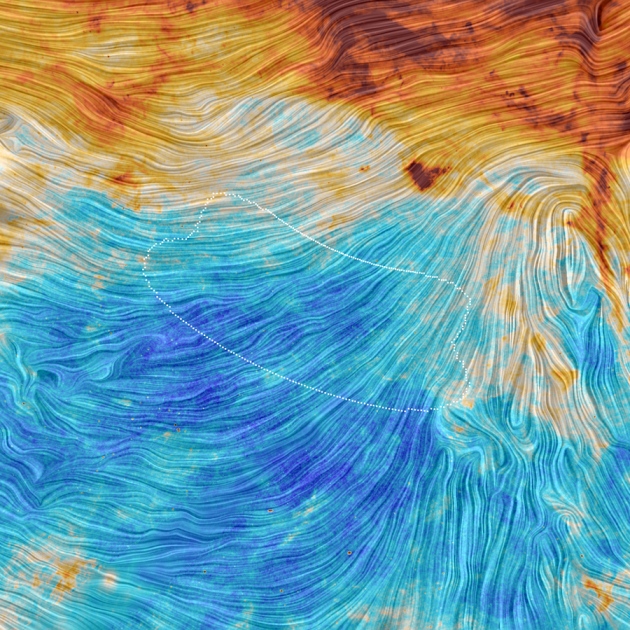
Gravitational waves discovery now officially dead
A team of astronomers that last year reported evidence for gravitational waves from the early Universe has now withdrawn the claim. A joint analysis of data recorded by the team’s […]
-

World’s cities experiencing more heatwaves, study shows
Number of extremely hot days a year has increased in hundreds of cities since the 1970s years, with frequencies peaking in the last five years
-

Electrodos para frenar el cáncer
Una nueva terapia emplea corrientes eléctricas para impedir la división de las células tumorales. Los resultados preliminares indican que podría ser un buen complemento de la quimio y radioterapia. En […]
-
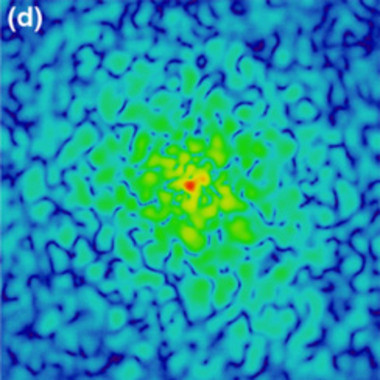
Solitones y materia oscura pueden estar detrás de la formación de quásares
Científicos taiwaneses, en colaboración con un investigador Ikerbasque de la Universidad del País Vasco, han llevado a cabo simulaciones que muestran como los solitones, ondas solitarias y masivas, podrían explicar […]
-
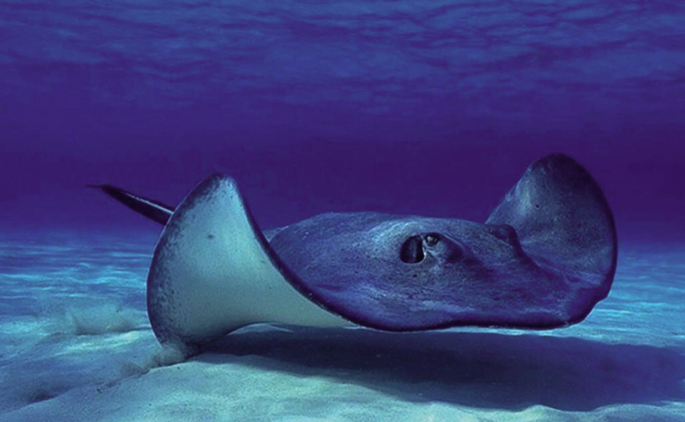
Elektrizitatea sendagai Antzinaroan
Grezia, K.a. VI. mendea. Miletoko Talesek ikusi zuen substantzia erretxinatsu horixka batek, zapi batez edo animalia larruz igurtzita, objektu arinak erakartzeko propietate bitxia lortzen zuela. Substantzia hura anbara zen, grekoz […]
-
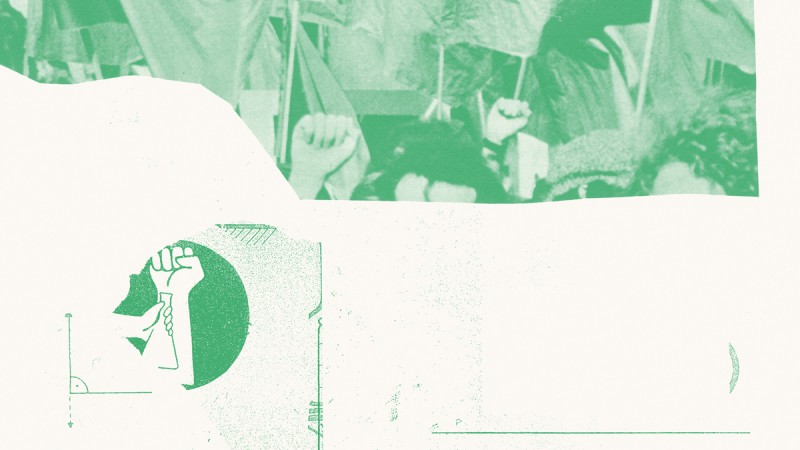
Science for the people!
In the 1970s, radical scientists thought they could change the world – if they could change science first.
-
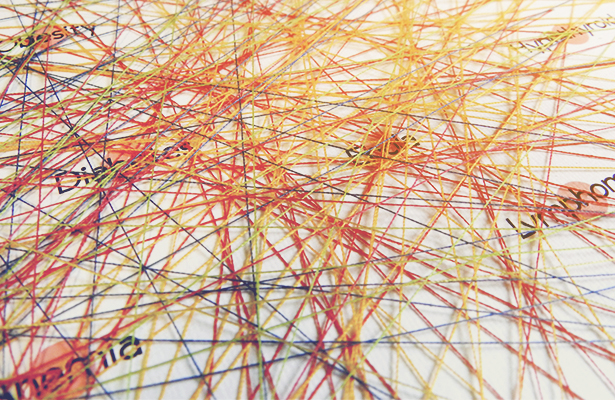
Networks Reveal the Connections of Disease
Enormous databases of medical records have begun to reveal the hidden biological missteps that make us sick.
-
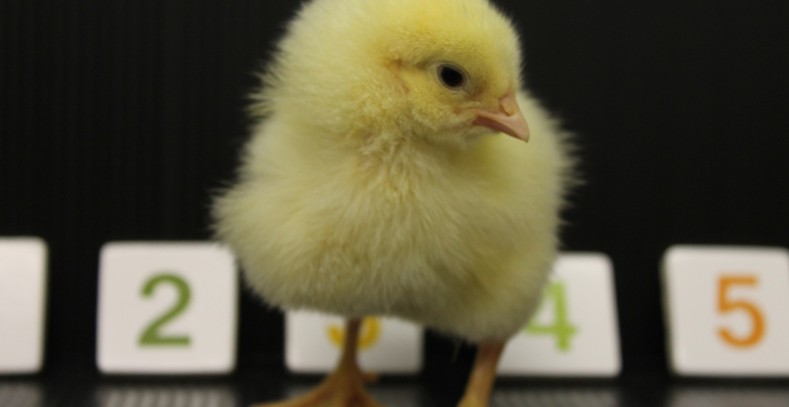
¿Estamos ‘programados’ para contar de izquierda a derecha?
Un experimento demuestra que la forma en que ordenamos las cantidades de forma lineal podría tener un sustrato biológico más que cultural. Los pollitos recién nacidos parecen tener estos conceptos […]
-
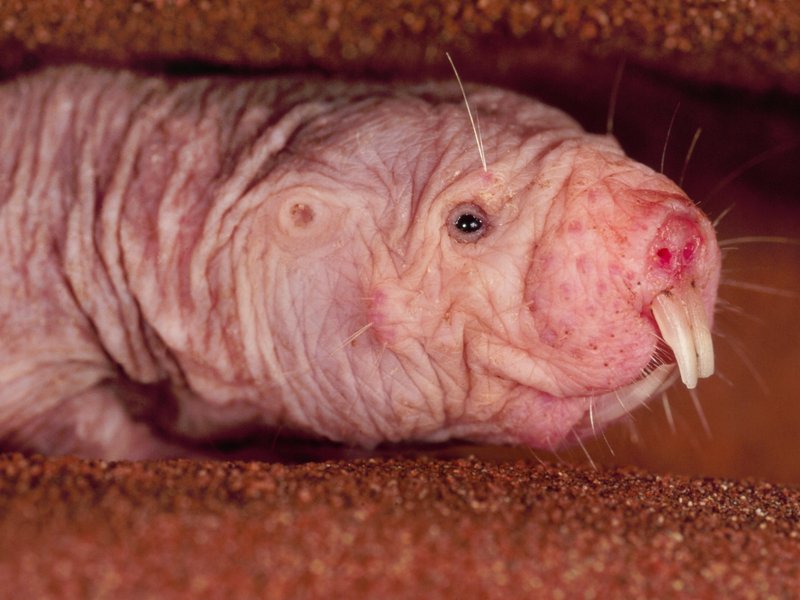
The Secret to a Long Life: Be Cooperative and Live Underground
Naked mole rats enjoy exceptionally long, healthy lives, and there’s more than good genes at work
